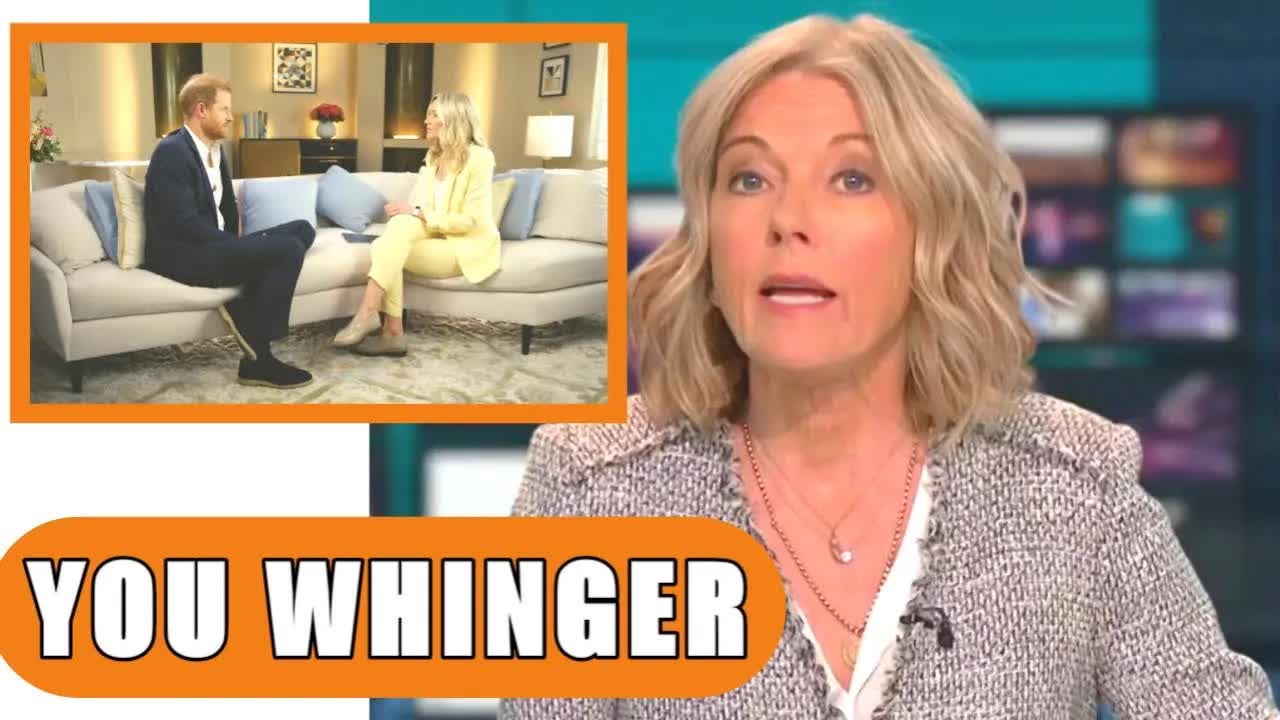In a recent ITV documentary, journalist Rebecca Barry didn’t hold back when she confronted Prince Harry, declaring, “I don’t feel sorry for you.” This bold statement has sparked a whirlwind of debate, prompting many to reevaluate the Duke of Sussex’s actions and integrity amidst the ongoing phone hacking scandal.
The documentary focused on the infamous phone hacking scandal, a media controversy that has ensnared numerous high-profile figures, including Harry himself.
Known for her straightforward style, Barry took a unique approach by directly challenging the prince, who is often portrayed in a sympathetic light by the media.
Her candid remark marks a significant shift from the usual deference shown to royal family members, igniting discussions across social media platforms.
This scandal, one of the most significant in recent British history, revolves around journalists illegally intercepting voicemail messages.
Initially, it appeared to target celebrities and politicians, but it soon became evident that even the royal family was not spared from its reach.
Prince Harry has been vocal about the invasion of privacy, expressing the distress it caused him and others affected.
However, the narrative took a surprising turn with allegations suggesting that Harry may have destroyed evidence related to the case.
While these claims remain unproven, they introduce a layer of complexity that casts doubt on his victim status and raises questions about his credibility.
During her interview, Barry did not shy away from addressing these allegations head-on.
She pressed Harry, asking, “How can you claim to be a victim when there are accusations that you destroyed evidence?” His responses were careful and defensive, but they failed to convince Barry, who continued to challenge him on the contradictions in his story.
The journalist’s approach has garnered both praise and criticism.
Supporters argue that her tough questioning provides a necessary counterbalance to the often one-sided portrayal of Harry as merely a victim.
They commend Barry for holding him accountable in a way that few others have dared to do.
On the flip side, critics have labeled her questioning as excessively harsh, arguing that it disrespects someone who has faced considerable personal challenges.
Many viewers expressed their discontent on social media, with one user tweeting, “Barry was out of line.
Harry has been through enough without being attacked on live TV.”
Another viewer echoed this sentiment, stating, “This is just another example of the media bullying Harry.
It’s disgraceful.” These reactions highlight the polarized opinions surrounding the prince and the media’s treatment of him.
For Prince Harry, this encounter is yet another chapter in his tumultuous relationship with the press.
His ongoing battles with media intrusion and his quest for a private life have been well-documented.
Yet, the new allegations regarding evidence destruction complicate his narrative, potentially undermining his credibility and his advocacy for media reform.
As the conversation continues, it remains to be seen how this latest episode will impact Harry’s public perception and his ongoing efforts to address issues of privacy and press ethics.
Related Stories

